A little background: This year, I essentially threw out all large tests in my classroom. I still utilize small quizzes, but I wasn't feeling the validity of large tests. Instead, I developed what I call "artifacts." Essentially I have the students create something (a book, song, comic, presentation, etc.) that demonstrates their knowledge of the content area. I give them the ability to choose the format in which they will display their knowledge, but give them a rubric (I know...not everyone's favorite) that describes what content their artifact should include.
For my second semester Earth/Physical Science class, when I started thinking about designing their final exam project (as opposed to a formal written test), I had what I thought was a great idea: I'd have them design it themselves from the ground up. I figured they'd created multiple artifacts by this point and are familiar if not comfortable with the format; why not let them design the rubric?
I put them in groups and assigned each a different section of the trimester to go over and decide which parts were important enough to be included in the final exam project. I gave them a pep talk about collaborating together to create something useful for the entire class.
 At best, this is how they worked.
At best, this is how they worked.
The normally very chatty class was the quietest it may have ever been during that time of "collaboration." Quite frankly, there wasn't any collaboration. Indeed, there was very little cooperation. It was essentially groups of individuals working independently of one another.
After that class period, I had time to reflect upon the utter failure I had just experienced. I was at first upset with the students for not trying to work together, then with myself for not structuring it well enough. However, in the end I realized the problem was much bigger than any of us.
Our entire educational system is based upon individual achievement. Sure, students are exposed to group work, but in the end it's always their own grade their worried about. Grade conscious students are essentially taught to take over groups to ensure they get a good grade, while less motivated students quickly learn ride the coat tails of those who will do all the work for them. The problem in my class was that these students do not know how to collaborate. The concept of completing something for the good of the community (rather than the individual) was foreign to their school experience.
I decided to take a few steps back with them to explain why I feel collaboration is an important skill, and then explain what it means to collaborate in the classroom. I showed them the Did You Know 2.0 video. I explained how I (and a multitude of others) feel that collaboration is an important 21st century skill. I explained how I felt their lack of collaboration was as much the fault of the system as it was their own.
I then set them up in new groups, and asked for essentially them same thing, but now with a little more background and clarification. I got a little more collaboration, but it was high maintenance. In essence I felt like I had to drag the collaboration out of them. I suppose that should be expected after 10 years of being taught selfishness at school.
This opened my eyes even further to the shortcomings of our current school system. What type of system encourages people to shun others for their own benefit? To not share their knowledge base lest someone else gain from it? I don't feel like I was throwing away much of the current "schooliness" in asking students to collaborate in this way. I felt like it was just a baby step toward a better model of school, yet it took a huge amount of energy for me to communicate what is essentially "sharing."
Halfway through writing this post I happened upon Clay Burell's post attempting to define what he commonly terms as "schooliness." In it, I see much of the frustration I've been feeling towards the system that tends to punish community, collaboration, and independent thinking. Surely we can do better in our schools. Our students deserve it.
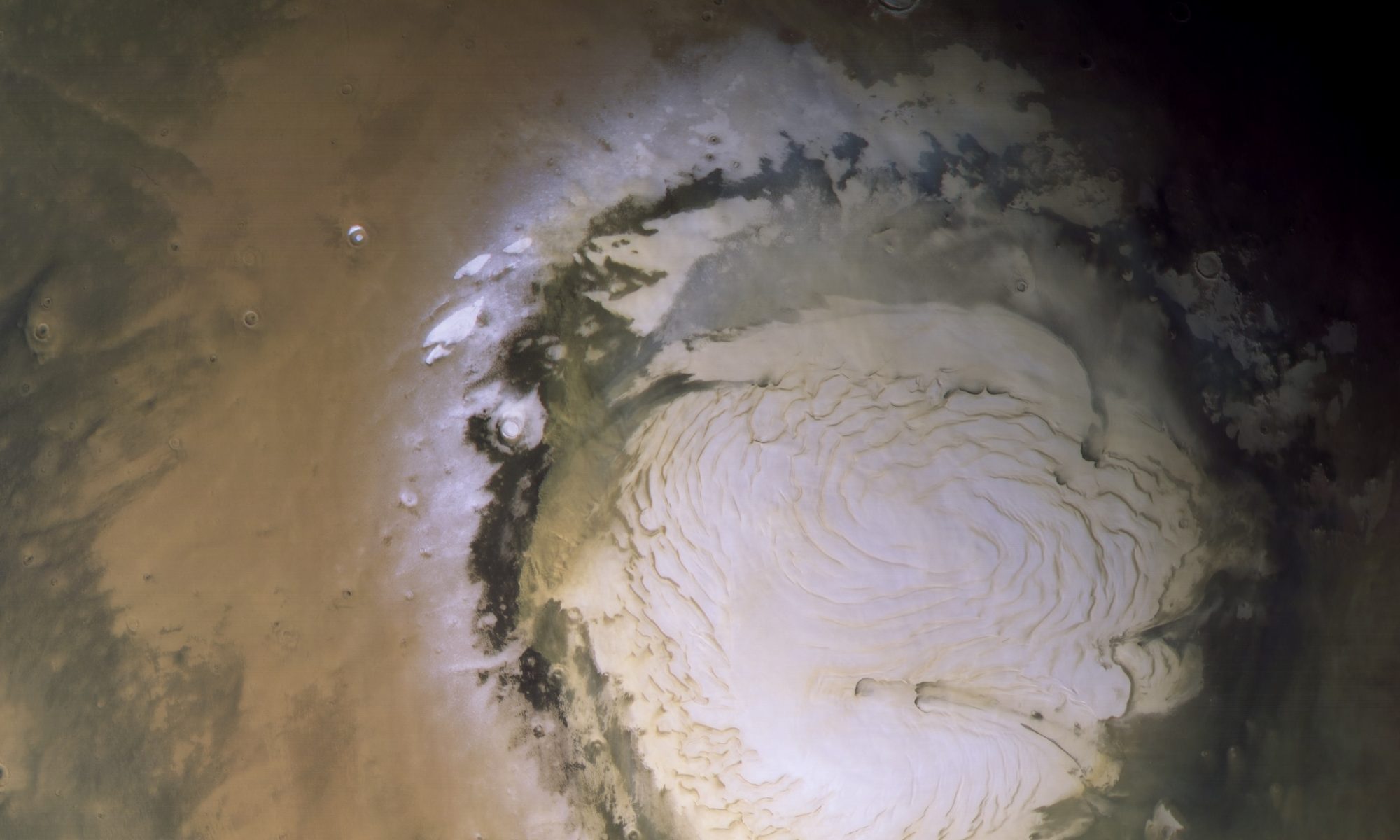

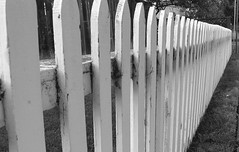
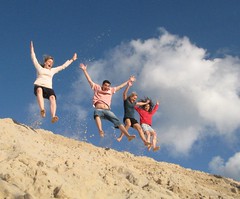




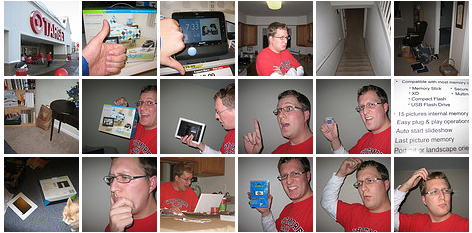
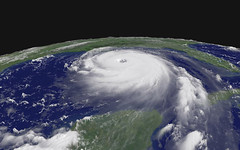



 I (of course) asked if I could utilize
I (of course) asked if I could utilize  At best, this is how they worked.
At best, this is how they worked.